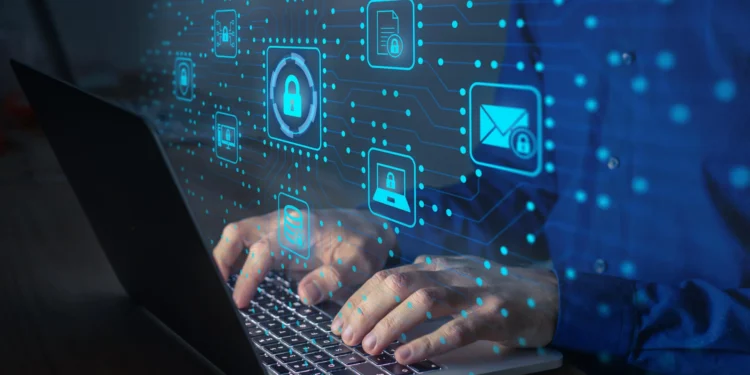In our hyper-connected world, digital security has become a critical aspect of protecting our personal and professional lives. Cyber threats such as phishing, ransomware, data breaches, and identity theft are growing increasingly sophisticated, making it vital to stay informed and proactive. Whether you’re a casual internet user, a professional managing sensitive data, or a business owner safeguarding client information, taking the right precautions is essential.
This comprehensive guide features 80+ essential tips for digital security, grouped by category to provide actionable advice for every area of online safety. By following these strategies, you can minimize risks, protect your digital assets, and navigate the online world confidently and safely.
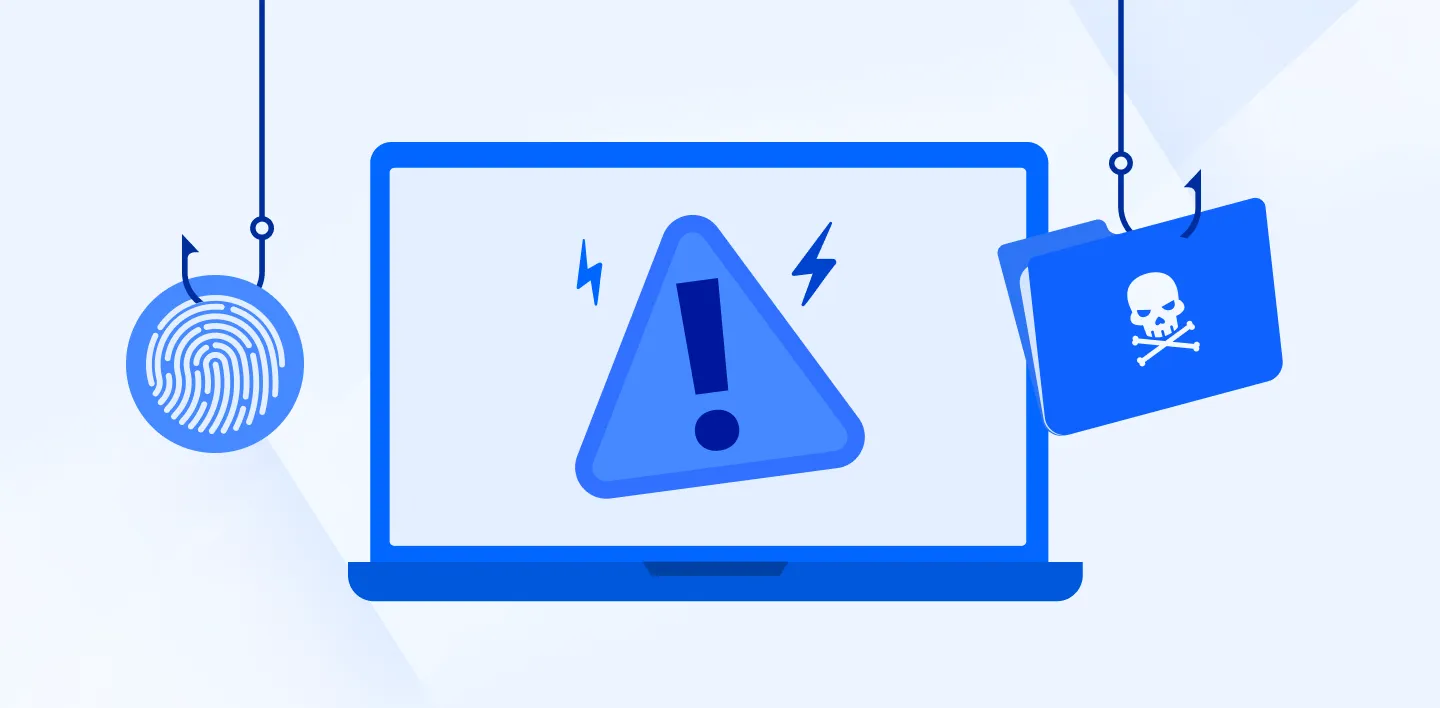
1. Password Security Tips
Strong and unique passwords are the first line of defence against cyberattacks. Weak or reused passwords make it easy for hackers to access your accounts, leading to identity theft or data breaches. Creating and managing strong passwords is crucial to securing your digital presence. These tips will help you establish robust password hygiene to safeguard your accounts effectively.
- Use complex passwords that include a mix of uppercase and lowercase letters, numbers, and special characters.
Complexity makes it harder for attackers to guess your password through brute-force methods. - Avoid using predictable passwords such as “123456,” “password,” or your name.
Hackers frequently exploit these commonly used combinations to gain access. - Use a password manager to generate and store unique passwords for each account.
These tools ensure you don’t have to memorize dozens of strong passwords while keeping them secure. - Change your passwords regularly, especially for critical accounts like email and banking.
Frequent updates reduce the chances of old passwords being exploited in future attacks. - Never reuse passwords across multiple accounts.
If one account is compromised, all accounts sharing the same password are at risk. - Enable two-factor authentication (2FA) wherever possible for an extra layer of security.
2FA requires a second verification step, such as a code sent to your phone or email. - Use passphrases made of random, unrelated words for added complexity.
A phrase like “Ocean!Guitar$Sky” is easier to remember and much harder to crack than a single word. - Avoid storing passwords in plaintext on your devices or browsers.
Use encrypted password managers instead for better security. - Regularly audit your stored passwords and update any that are weak or outdated.
This helps ensure your credentials remain strong and secure over time. - Never share your passwords with anyone, even trusted friends or colleagues.
Sharing passwords increases the risk of accidental leaks or unauthorized access.
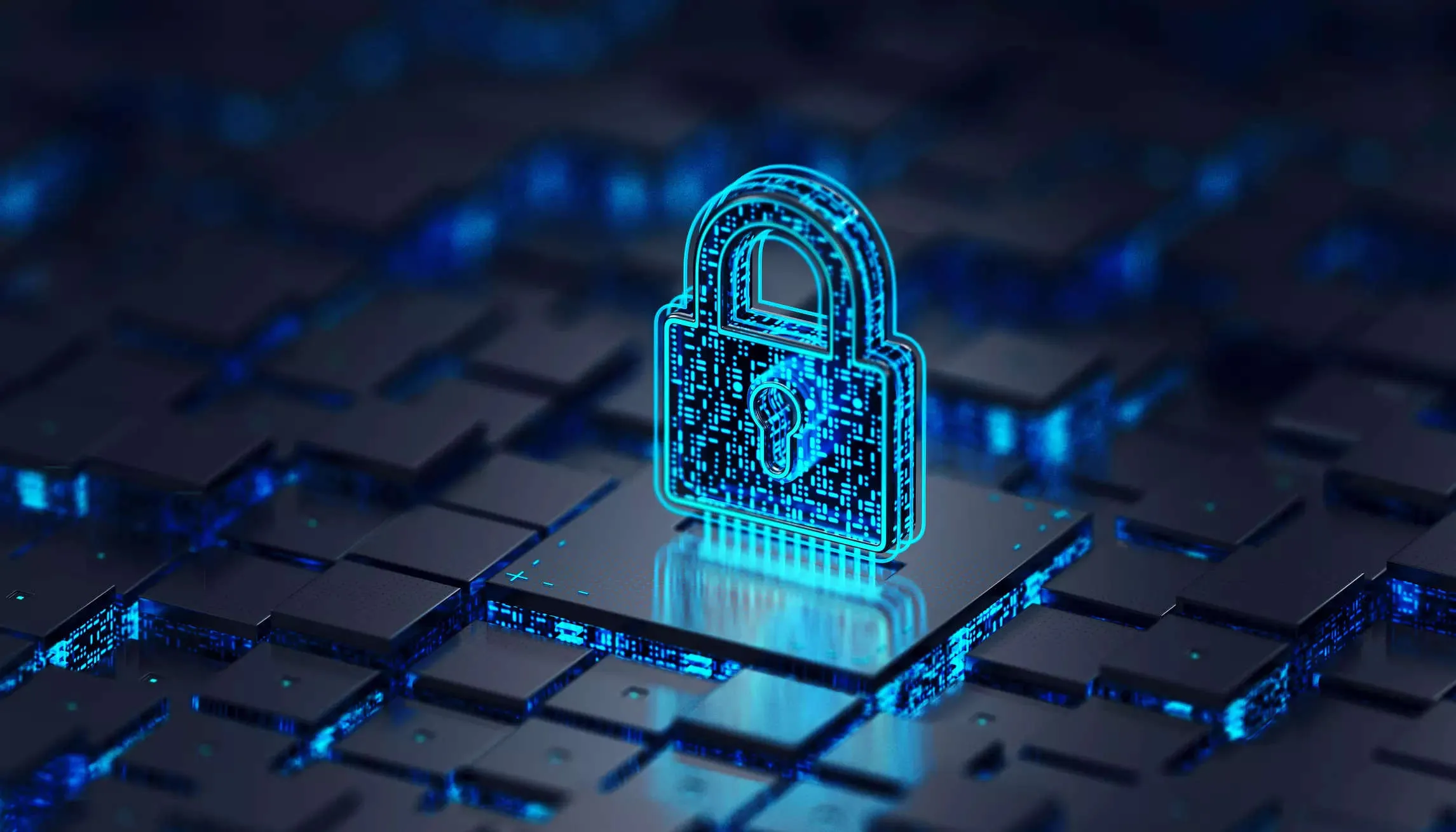
2. Secure Browsing Tips
Browsing the internet can expose you to a variety of risks, including malicious websites, phishing scams, and data trackers. Safe browsing practices are essential to protect your information and devices from potential threats. By following these tips, you can significantly reduce your vulnerability while navigating the web.
- Always use HTTPS websites when entering sensitive information like passwords or credit card numbers.
The “S” in HTTPS indicates that the connection is encrypted, offering greater security. - Avoid clicking on links from unknown sources, whether in emails, texts, or social media messages.
These links may lead to phishing sites designed to steal your data or infect your device. - Use secure web browsers that receive regular updates and security patches.
Browsers with robust security features help protect against vulnerabilities and malware. - Enable pop-up blockers to prevent malicious advertisements from appearing.
Pop-ups can often contain harmful scripts or phishing attempts disguised as legitimate content. - Disable autofill for sensitive information such as credit card numbers or addresses.
This prevents unauthorized access to stored data if your browser is compromised. - Use a virtual private network (VPN) to encrypt your internet traffic and protect your browsing activity.
A VPN masks your IP address, making it harder for third parties to track or intercept your data. - Regularly clear your browser’s cache, cookies, and history to reduce tracking and exposure.
This minimizes the chances of sensitive data being stored or misused. - Avoid downloading files or software from untrusted websites.
Malware and viruses are often disguised as legitimate downloads on sketchy sites. - Turn off or uninstall browser extensions you no longer use or trust.
Some extensions may have vulnerabilities or collect unnecessary data. - Log out of accounts after use, especially on public or shared devices.
Leaving accounts logged in makes them accessible to unauthorized users.
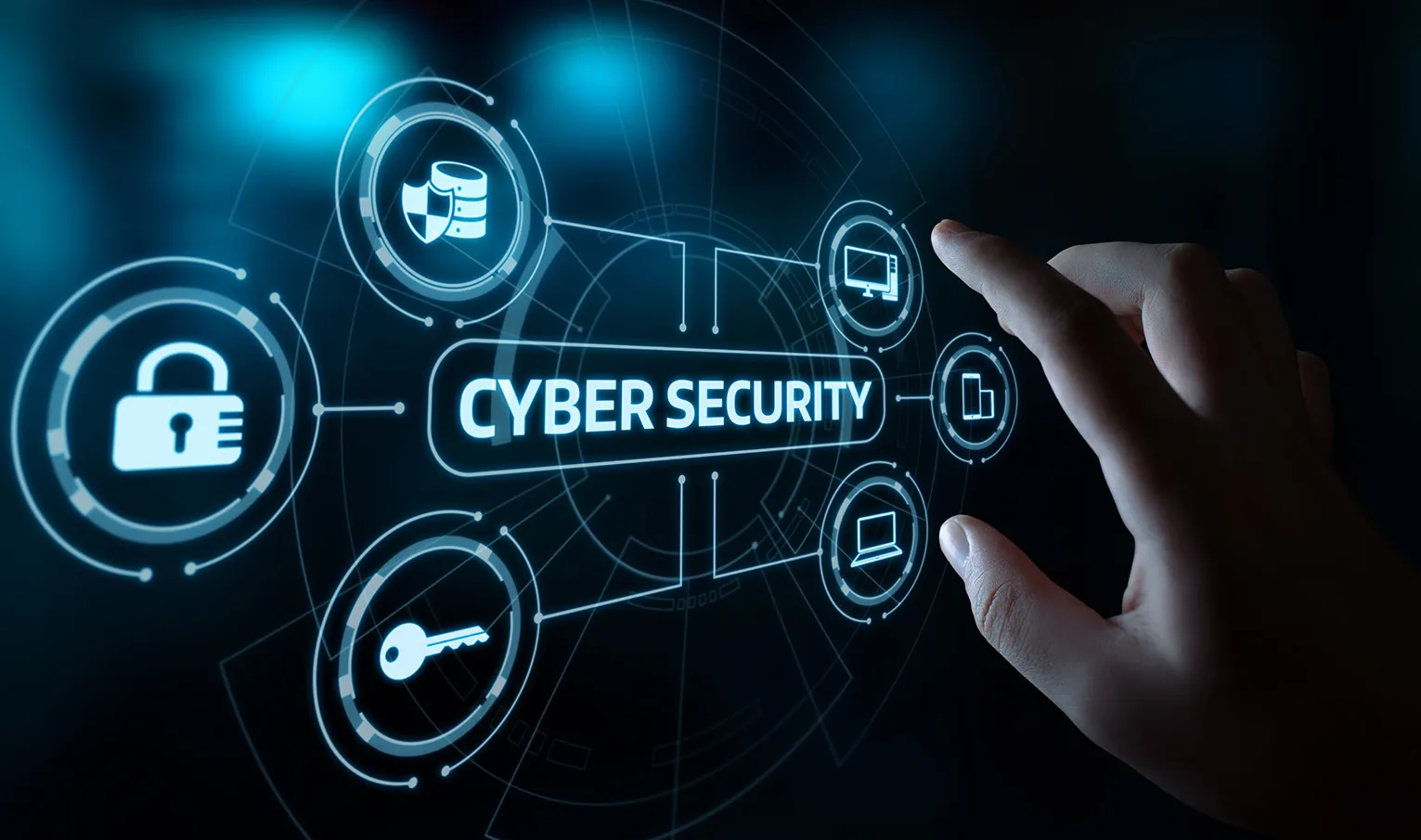
3. Email Security Tips
Email remains one of the most common entry points for cyberattacks, including phishing and malware delivery. Securing your email account and practicing safe email habits are vital to maintaining digital security. These tips will help you avoid common email-based threats and protect sensitive communication.
- Be cautious of emails from unknown senders, especially those with attachments or links.
Cybercriminals often use phishing emails to trick users into revealing personal information or installing malware. - Use spam filters to reduce the likelihood of malicious emails reaching your inbox.
Most email providers offer advanced filtering systems that identify and block suspicious messages. - Never share sensitive information, such as passwords or banking details, via email.
Legitimate organizations will never ask for this type of information through email. - Enable two-factor authentication (2FA) for your email account to add an extra layer of protection.
This ensures that even if your password is compromised, unauthorized access is prevented. - Regularly review and update your recovery email address and security questions.
Ensure they are current and not easily guessable to prevent unauthorized account recovery. - Avoid clicking on “unsubscribe” links in suspicious emails.
These links can sometimes be phishing traps; instead, mark the email as spam. - Check email headers for inconsistencies if you suspect an email is spoofed.
This helps verify the sender’s authenticity and detect fraudulent messages. - Keep your email app or client up to date with the latest security patches.
Updates often include fixes for vulnerabilities that attackers may exploit. - Create separate email accounts for personal, work, and online shopping purposes.
This compartmentalizes your information, reducing risks if one account is compromised. - Use encrypted email services for sensitive or confidential communication.
Encryption ensures that only the intended recipient can access your messages.
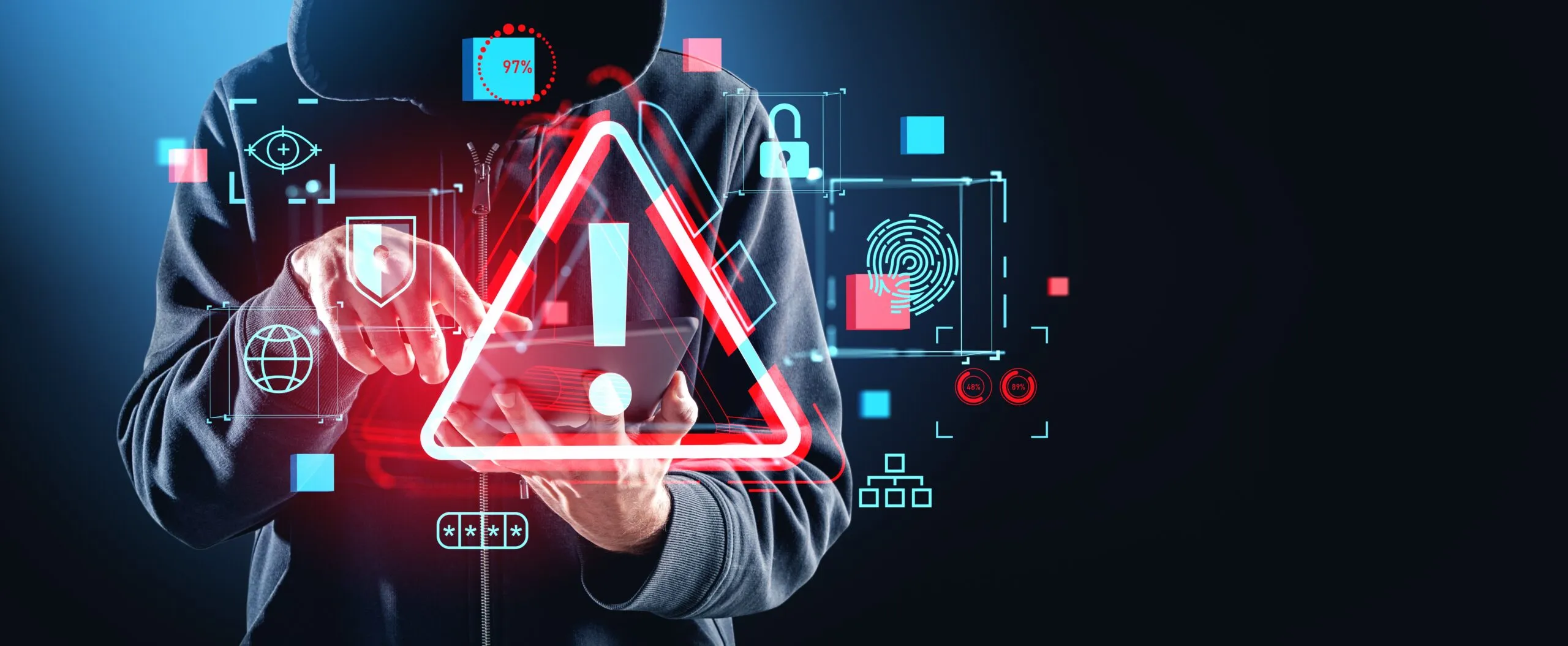
4. Social Media Safety Tips
Social media platforms are a goldmine for hackers and scammers seeking personal information. Without proper precautions, your social media profiles can expose you to privacy breaches, identity theft, or targeted attacks. Follow these tips to stay safe while enjoying the benefits of social media.
- Set your social media accounts to private to control who can view your posts and information.
This limits your exposure to strangers and potential scammers. - Avoid sharing sensitive details like your home address, phone number, or travel plans online.
Overexposure can make you a target for cybercriminals or physical risks. - Be selective about friend or follower requests and only accept those you know or trust.
Fake accounts are often used to gather information or carry out scams. - Use strong, unique passwords for your social media accounts and enable two-factor authentication.
This adds an extra layer of protection against unauthorized access. - Review your social media account settings regularly to ensure they align with your privacy preferences.
Platforms often update their policies and features, so staying informed is crucial. - Be cautious about clicking on links in social media messages or posts.
These links may lead to phishing sites or malware downloads. - Monitor the apps and services connected to your social media accounts.
Revoke access to any apps you no longer use or trust. - Avoid oversharing personal milestones or events that could be exploited by hackers.
Information like birthdates or pet names can be used to guess security questions. - Report and block suspicious accounts that interact with you or your friends.
This helps prevent potential scams or unwanted attention. - Use social media platforms’ security checkup tools to identify vulnerabilities in your profile.
These tools provide recommendations to enhance your account’s safety.

5. Device Security Tips
Securing your devices is one of the most critical aspects of digital security. From smartphones to laptops, unprotected devices can serve as entry points for cyberattacks. These tips will help you safeguard your gadgets and the data stored on them.
- Keep your devices updated with the latest software and security patches.
Updates often include fixes for vulnerabilities that hackers could exploit. - Use antivirus and anti-malware software to protect your devices.
These programs detect and neutralize threats before they cause harm. - Enable device encryption to protect sensitive data from unauthorized access.
Encryption ensures that even if your device is stolen, the data remains inaccessible. - Set up a strong password, PIN, or biometric lock for your devices.
This adds an essential layer of security to prevent unauthorized access. - Avoid using public USB charging stations, which can be sources of malware.
Carry your own charger and plug it into a trusted power source instead. - Turn off Bluetooth, Wi-Fi, and NFC when not in use.
These features can be exploited by attackers to access your device. - Back up your data regularly to secure locations like external drives or cloud services.
This ensures that you won’t lose important files in case of a cyberattack or hardware failure. - Install apps only from official app stores, such as Google Play or Apple’s App Store.
Third-party app stores are more likely to host malicious software. - Avoid jailbreaking or rooting your devices, as this can weaken their security features.
Manufacturers implement security measures that are bypassed when devices are altered. - Use remote wipe features on your devices in case they are lost or stolen.
This ensures your personal data can be erased remotely to prevent misuse.
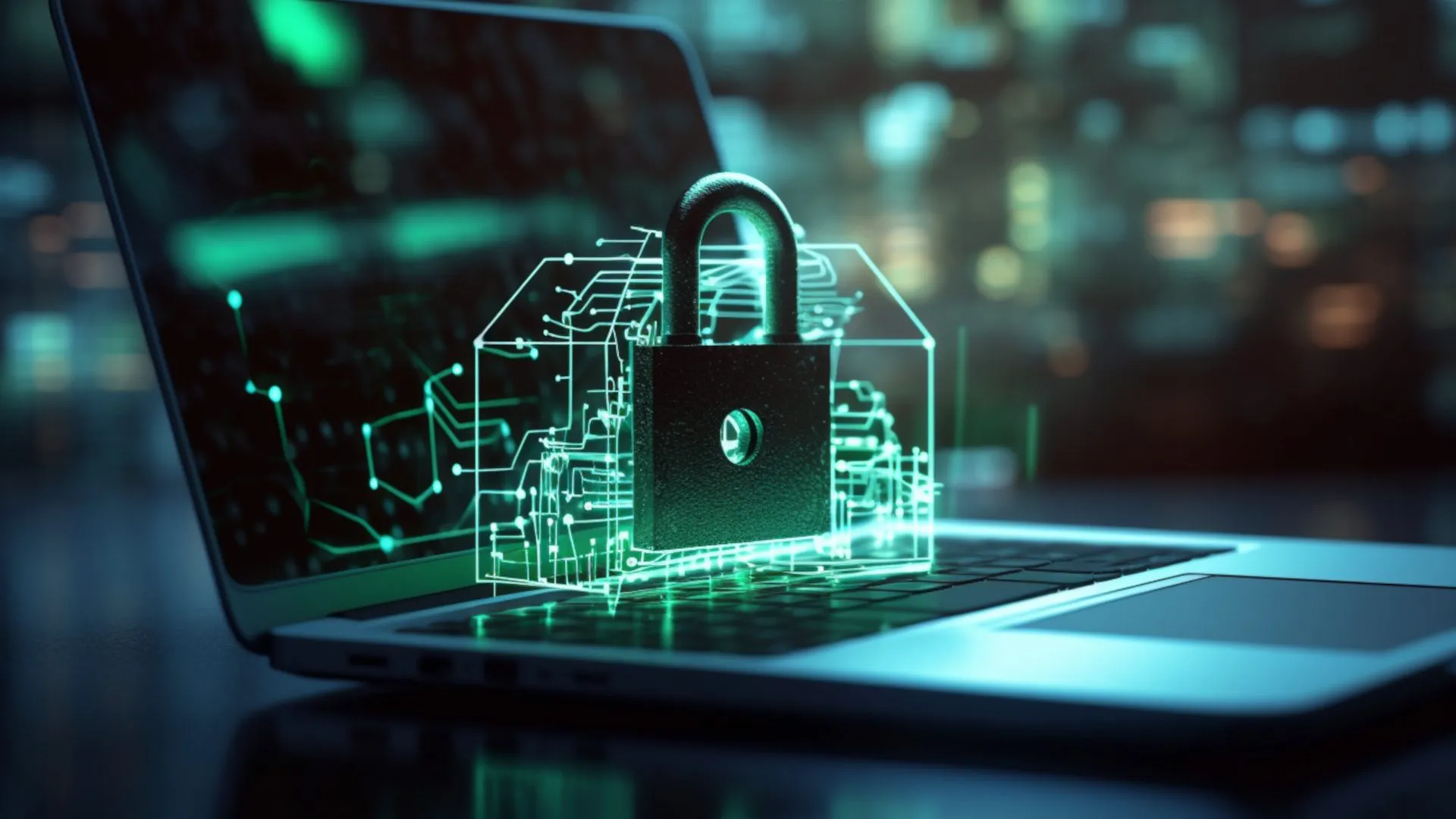
6. Wi-Fi and Network Security Tips
Your home and public Wi-Fi networks are prime targets for cybercriminals. A compromised network can expose all connected devices to threats. These tips will help you secure your connections and minimize risks.
- Use a strong, unique password for your home Wi-Fi network.
Avoid default passwords provided by your internet service provider. - Enable WPA3 encryption for your Wi-Fi network if supported by your router.
WPA3 provides the latest and most secure encryption for wireless networks. - Change your router’s default login credentials to something more secure.
Default usernames and passwords are commonly exploited by attackers. - Disable remote management features on your router unless absolutely necessary.
This reduces the risk of unauthorized access to your network settings. - Use a guest network for visitors instead of sharing your main Wi-Fi password.
This isolates guest devices from your personal network. - Turn off your router when it’s not in use for extended periods.
This prevents unauthorized access while you’re away. - Avoid using public Wi-Fi for sensitive activities such as online banking.
Public networks are often unsecured and prone to cyberattacks. - Use a VPN when accessing the internet over public Wi-Fi networks.
A VPN encrypts your traffic, making it harder for hackers to intercept your data. - Regularly update your router’s firmware to patch security vulnerabilities.
Check your router manufacturer’s website for updates and instructions. - Monitor connected devices on your network to detect unauthorized users.
Most modern routers provide tools to view and manage connected devices.

7. Mobile Security Tips
Smartphones are essential to daily life but are also vulnerable to cyber threats. Mobile security is crucial for protecting your personal data, apps, and accounts. Follow these tips to keep your mobile devices safe.
- Lock your phone with a strong PIN, password, or biometric authentication.
This prevents unauthorized access to your device and data. - Be cautious about downloading apps and grant permissions selectively.
Only give apps the permissions they genuinely need to function. - Avoid connecting to unknown Bluetooth devices.
Bluetooth vulnerabilities can be exploited to access your device. - Keep your phone’s operating system and apps updated.
Updates often include security fixes for newly discovered vulnerabilities. - Install security apps that monitor and protect against malware and phishing.
These apps add an extra layer of protection to your mobile device. - Turn off location services for apps that don’t require them.
This minimizes data collection and potential tracking. - Avoid clicking on links or downloading attachments from unknown sources.
Malicious links can lead to phishing or malware installation. - Use Find My Phone or similar services to locate lost devices.
These tools also allow you to lock or erase your phone remotely. - Disable auto-connect to public Wi-Fi networks.
This prevents your phone from automatically connecting to unsecured networks. - Regularly review your phone’s app permissions and remove unnecessary ones.
This reduces the risk of apps accessing sensitive data without your knowledge.

8. Protecting Personal and Financial Information
Personal and financial information is highly valuable to cybercriminals. Taking proactive measures to secure this data can protect you from identity theft and fraud. Follow these essential tips to safeguard your sensitive information.
- Monitor your bank statements and credit reports for suspicious activity.
Detecting unusual transactions early can prevent further fraud. - Use credit cards instead of debit cards for online purchases.
Credit cards often offer better fraud protection. - Avoid sharing sensitive personal information, such as your Social Security Number, unless absolutely necessary.
Be cautious when asked for such information, even by trusted entities. - Shred documents containing sensitive information before discarding them.
This prevents dumpster divers from accessing your personal data. - Be cautious of phone calls, emails, or messages requesting financial details.
Scammers often impersonate legitimate organizations to steal information. - Use secure payment gateways for online transactions.
Look for trusted options like PayPal or verified credit card portals. - Avoid storing financial information on websites or apps unless necessary.
If you must store such data, ensure the platform is highly secure. - Create strong PINs for your bank accounts and avoid using easily guessed numbers like your birthdate.
This adds another layer of protection to your financial accounts. - Keep a separate email account for banking and financial services.
This reduces the exposure of your primary email to phishing attempts. - Enable alerts for bank transactions to stay informed about account activity in real-time.
This helps you act quickly if suspicious transactions occur.
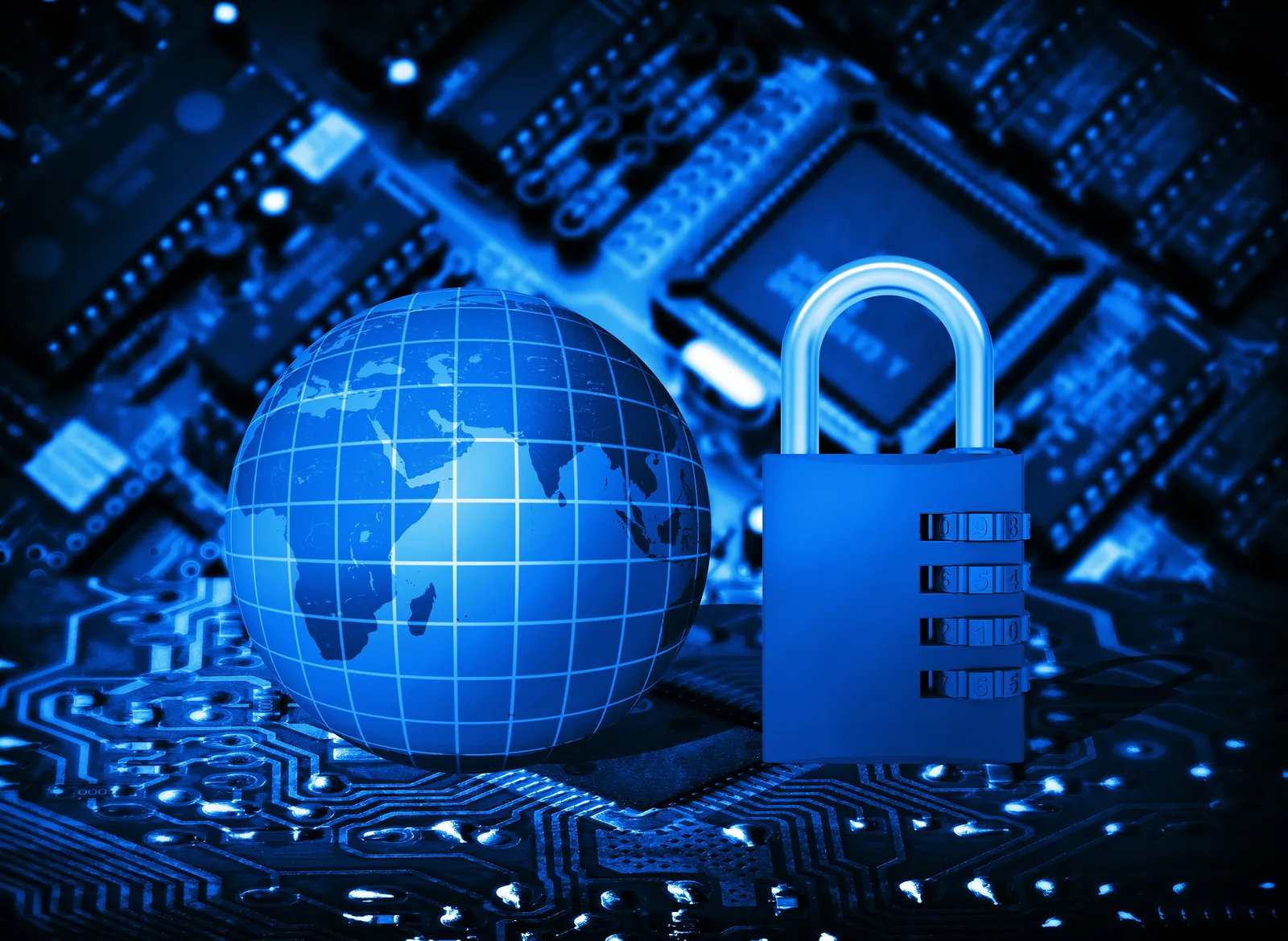
9. Cybersecurity Tips for Remote Work
With remote work becoming the norm, ensuring your work-related activities are secure is critical. From protecting sensitive company data to securing your home office network, these tips will help you maintain digital security while working remotely.
- Use a company-provided device for work tasks whenever possible.
These devices are often pre-configured with security measures to protect company data. - Avoid using public Wi-Fi for work-related activities.
If you must, use a VPN to encrypt your connection and protect sensitive information. - Ensure your home Wi-Fi network is secured with a strong password and WPA3 encryption.
This prevents unauthorized access to your network and connected devices. - Keep your work devices updated with the latest software and security patches.
Regular updates help protect against vulnerabilities and cyberattacks. - Use a secure collaboration platform approved by your organization.
Platforms like Microsoft Teams or Slack often include encrypted communication options. - Be cautious of phishing emails pretending to be work-related.
Verify suspicious emails with your IT department before responding or clicking links. - Lock your screen whenever stepping away from your computer.
This prevents unauthorized access to your work while you’re away. - Store sensitive work files in encrypted folders or on secure cloud storage.
Avoid saving confidential data on personal or shared devices. - Regularly back up your work files to a secure location.
This ensures you can recover important data in case of a cyberattack or device failure. - Follow your company’s cybersecurity policies and participate in any required training sessions.
Staying informed about organizational protocols helps protect both you and your company.

In an increasingly digital world, safeguarding your online presence is no longer optional—it’s essential. Cyber threats continue evolving, targeting personal data, financial information, and critical infrastructure. By implementing these 80+ essential tips for digital security, you can reduce risks, protect sensitive information, and navigate the digital landscape with greater confidence.
From securing your passwords to fortifying your home network, every measure you take contributes to a safer online experience. Remember, cybersecurity is an ongoing process that requires awareness, vigilance, and adaptation to new challenges. Whether you’re protecting personal accounts, managing a business, or working remotely, these strategies are key to keeping your digital life secure.

